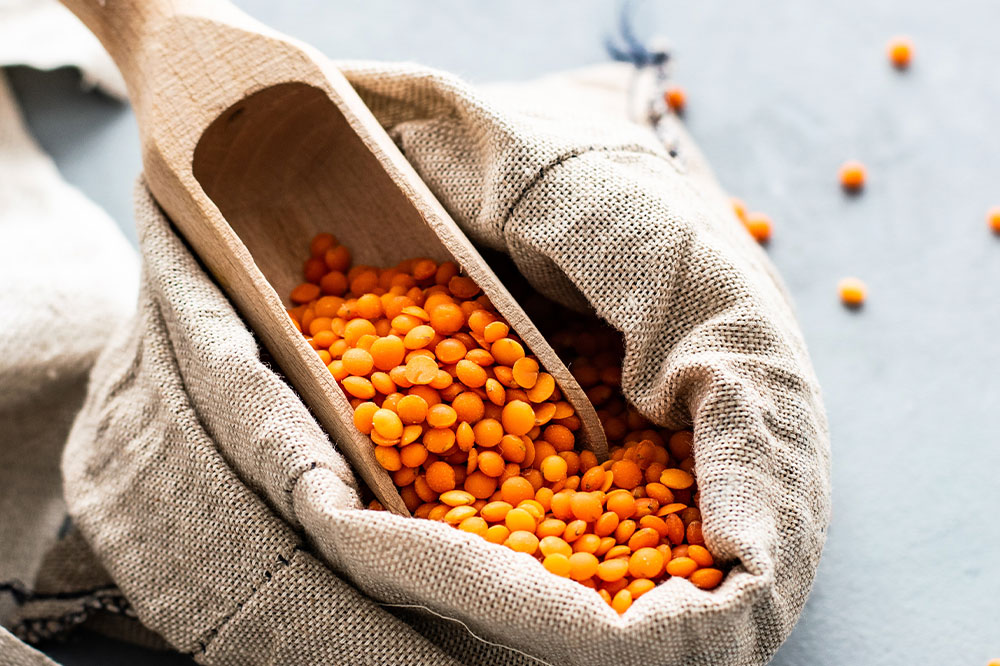Avoid these food items to fight hyperkalemia

Your body mandates minerals and nutrients to function correctly, but higher concentrations of potassium, can prove harmful. Potassium is one such essential mineral your body needs to function, but at times, it excessively gets built up in your blood which can be fatal. Normal potassium levels in your blood should remain within 3.5 to 5.0 mmol/L. But when the potassium level goes above this range, it will trigger a condition called hyperkalemia.
This becomes dangerous and even deadly. I n such cases, the muscles responsible for controlling your heartbeat and breathing will not function properly. This will result in several complications like irregular heartbeat and sometimes cardiac arrest.
High levels of potassium also lead to
- Digestive issues
- Prickling
- Numbness
One of the most advocated ways to manage the potassium level in your body is to follow a low potassium food plan. A healthy adult requires 2,600 to 3,400 milligrams of potassium daily. If someone is advised for a potassium-restricted nutrition diet, they will be allowed 2000 milligrams per day. Potassium is present in several foods; in some, it comes in excess. It is also present in meat, chicken, dairy, and fish.
Foods that one should restrict if diagnosed with hyperkalemia
When you are diagnosed with hyperkalemia, your doctor will recommend focusing more on fruits and vegetables that are low in potassium and decreasing the portion size if you consume food rich in potassium. The goal is to find a perfect balance because even far too potassium can lead to several health issues. Given below are a list of food items that should be avoided if a person is diagnosed with hyperkalemia.
Grains
It will be helpful if you go for rice cereals and bread made of refined flour rather than grains and a fiber rich nutrition plan entirely.
Proteins
Many animal and plant-based proteins have high potassium content. But protein is important so go for low potassium options such as egg whites, peanut butter, and nuts but of small serving size. Avoid sausage, lunch meats, and other processed foods containing additives that might have potassium. Sweets
Most desserts are made from high-potassium ingredients like chocolate, nuts, and syrups. Remain mindful while selecting cakes, ice cream, and cookies.
Potassium-rich fruits and vegetables one should limit
Food items like bananas, kiwis, avocados, cantaloupe, mangoes, and oranges should be avoided while vegetables like potatoes, winter squash, pumpkins, tomatoes, spinach, beetroots, mushrooms, white bean, and legumes should be overlooked during hyperkalemia
Other food items to be limited during hyperkalemia
Some other foods items to be limited during hyperkalemia include Cereals for breakfast comprising dried fruits, milk and dairy products, lentils, and chickpeas. Apart from plant-based foods, you also obtain about 332 mg of potassium in 3 ounces of chicken breast. Also, non-fat yogurt comprises 330 mg, and 3 ounces of salmon contain 326 mg of potassium. Tea also contains potassium. Your doctor or nutritionist will help you better understand which foods to avoid and which to consume during hyperkalemia.
Practical tips for managing hyperkalemia
Limiting your fruit intake to two servings per day and select fruits low in potassium, such as apples, passionfruit, watermelon slice, pear, etc. will help managing hyperkalemia. Lowering fruits juice intake to 150ml per day would also help. Other tips to counter hyperkalemia include decreasing the serving size of starchy vegetables, like potato, pumpkin, etc., to half a cup daily, avoiding consumption of cereals that are high in bran, avoiding food items like licorice, potato chips, coffee, and chocolate, placing a limit on the intake of dairy products, consuming not more than 200g of yogurt and 300 ml of milk every day.
Also, while cooking meat, make sure to drain its juice and discard them.
To manage your potassium levels better, it is advisable to consult a good nutritionist who will closely look at food intake habits and provide recommendations to follow low potassium meals filled with the nutrients you require. They can also assist you in avoiding food with hidden potassium content, such as additives in preserved foods and potassium-based salt substitutes.





